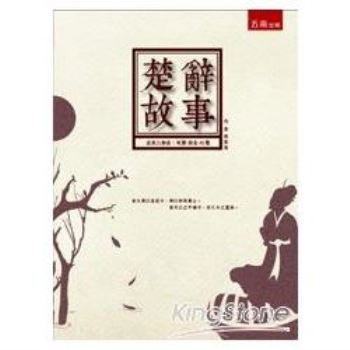Through analysis of the life and writings of eighteenth-century Quaker artist and author Mary Knowles, Judith Jennings uncovers concrete but complex examples of how gender functioned in family, social, and public contexts during the Georgian Age. Knowles’s story, including her bold confrontation of Samuel Johnson and public dispute with James Boswell, serves as a lens through which to view larger connections, such as the social transformation of English Quakers, changing concepts of gender and the transmission of radical political ideology during the era of the American and French revolutions. Further, Jennings offers a more nuanced view of the participation of "middling" women in radical politics through an examination of Knowles’s theological beliefs, social networks and political opinions at a time when the American and French Revolutions reshaped political ideology. By analyzing Mary Knowles’s connections-both male and female-Jennings contributes new understanding about how sociability operated, encompassing women and men of various faiths and ethnic origins.
| FindBook |
有 1 項符合
Gender, Religion, and Radicalism in the Long Eighteenth Century: The ’’Ingenious Quaker’’ and Her Connections的圖書 |
 |
Gender, Religion, and Radicalism in the Long Eighteenth Century: The ’’Ingenious Quaker’’ and Her Connections 作者:Jennings 出版社:Routledge 出版日期:2022-02-28 語言:英文 規格:平裝 / 204頁 / 普通級/ 初版 |
| 圖書館借閱 |
| 國家圖書館 | 全國圖書書目資訊網 | 國立公共資訊圖書館 | 電子書服務平台 | MetaCat 跨館整合查詢 |
| 臺北市立圖書館 | 新北市立圖書館 | 基隆市公共圖書館 | 桃園市立圖書館 | 新竹縣公共圖書館 |
| 苗栗縣立圖書館 | 臺中市立圖書館 | 彰化縣公共圖書館 | 南投縣文化局 | 雲林縣公共圖書館 |
| 嘉義縣圖書館 | 臺南市立圖書館 | 高雄市立圖書館 | 屏東縣公共圖書館 | 宜蘭縣公共圖書館 |
| 花蓮縣文化局 | 臺東縣文化處 |
|
|
圖書介紹 - 資料來源:博客來 評分:
圖書名稱:Gender, Religion, and Radicalism in the Long Eighteenth Century: The ’’Ingenious Quaker’’ and Her Connections
|











